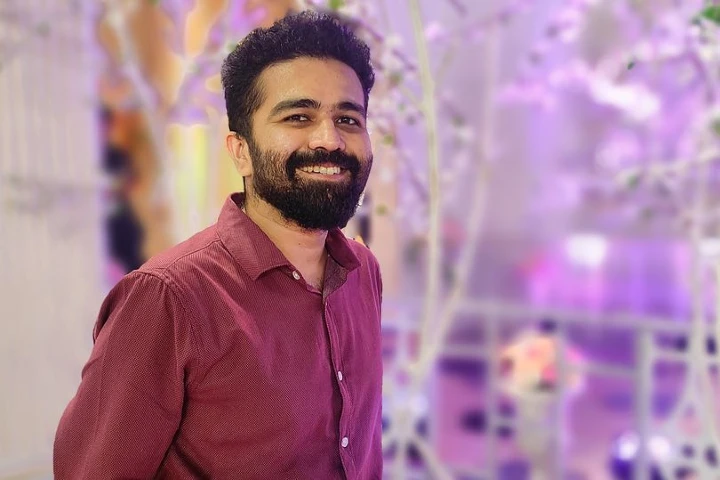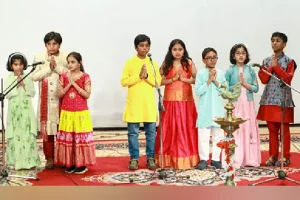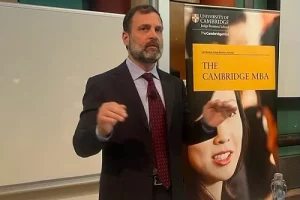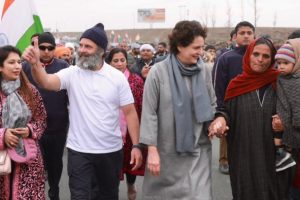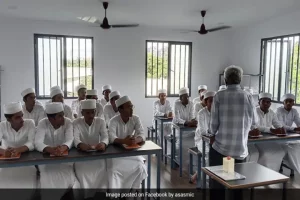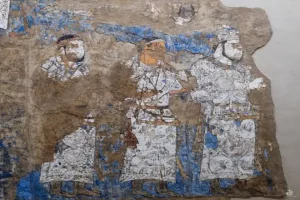An Indian PhD student in Cambridge University has solved a grammatical problem that has perplexed scholars since 5th Century BC. Rishi Rajpopat, the 27-year-old student has decoded the rule set by Panini, master of Sanskrit language who lived 2,500 years ago.
This could have a far-reaching impact on learning Sanskrit and raises hopes of teaching Panini’s grammar to computers.
Panini’s ancient grammar is known as Astadhyayi and it is based on a system that works like an algorithm and turns the base and suffix of a word into grammatically correct words and sentences. However, often two or more rules of Panini apply simultaneously and this leads to rule conflicts.
The master had taught a “metarule” which as per scholars denoted that “in the event of a conflict between two rules of equal strength, the rule that comes later in the grammar’s serial order wins.” On applying this many times incorrect results were derived.
Instead of adopting the traditional interpretation Rajpopat argued that Panni meant that between rules applicable to the left and right sides of a word respectively, the grammarian wanted the rule on the right side to be chosen.
Using this interpretation Rajpopat found that Panini’s “language machine” produced grammatically correct words with almost no exceptions.
Interestingly, Rajpopat had almost given up after trying hard for nine months to solve the problem. Taking a break he enjoyed swimming, cooking, meditating, praying and cycling. “Then, begrudgingly I went back to work, and, within minutes, as I turned the pages, these patterns starting emerging, and it all started to make sense,” he said as per cambridge-news.co.uk report.
He added: “Over the next few weeks I was so excited, I couldn’t sleep and would spend hours in the library including in the middle of the night to check what I’d found and solve related problems —that work took another two and half years.”
He hopes that this find will inspire students in India with “confidence, pride, and hope that they too can achieve great things.”






